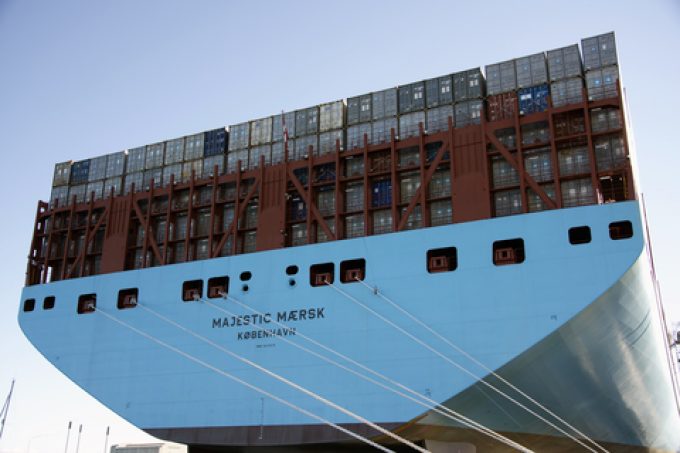More pressure on shippers from new levy at container depots at Nhava Sheva
Container depot operators in and around India’s Nhava Sheva port (JNPA) have announced an additional ...

Maersk has ruled out bidding for GXO, as it revealed strong Q3 earnings this morning. It also predicted little to no disruption for customers as it rolls out the Gemini network next year.
The group finished the quarter (see charts below for more detail) with ebitda ...

Comment on this article